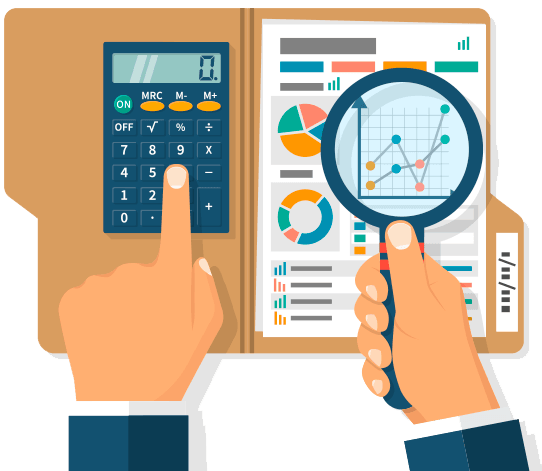Determining if You’re Ready for the Commitment of Buying a Home
Buying a house is a big commitment, so before you start house hunting and comparing mortgage rates, take the time to examine your current situation and how it could change in the future.
Ask yourself:
- Are you planning on any major life changes, like changing jobs or starting a family in the next few years that could impact your financial situation?
- Can you commit to staying in a home for at least five years?
- Do you have a stable income?
- Are you confident you can handle house repairs (or can take the time to learn), or are you willing to pay a specialist when something breaks?

How long do I need to own my house before it pays off?
Generally, we recommend you only consider buying a house if you plan to live there for at least five years, but this depends on a lot of factors, like the housing market, rental prices and how much equity you have in the house.
Buying vs. Renting a House
Each option has its benefits, so consider what matters to you.
Benefits of Buying
- No landlord! This means you can make your house a home you want without anyone else’s approval.
- Unlike rent payments, the interest you pay with your mortgage payments can be tax-deductible.
- You can find a mortgage tailored to your budget and goals to keep your monthly payment from going up as the market changes.
Benefits of Buying
- Your landlord is often responsible for home repairs and upgrades.
- You won’t have to buy homeowners insurance or pay property taxes on your home.
- Moving can be easier since you won’t have to sell your home or find renters.
How to Evaluate Your Financial Situation Before Buying a House
Buying a home is one of the largest purchases you’ll likely make, and it’s important to make sure your financial house is in order. Start by reviewing your bank accounts and billing statements to get a handle on how much money you’re making and spending each month. If you’re planning to buy a house with someone else (like your spouse), review their finances as well, and then ask yourself some questions:
- Do you have a stable income/job?
- Are you able to put away some money each month into a savings account?
- Do you have a plan for managing debt, like student loans and car payments?
- Do you have some money already saved up for emergencies? A good rule of thumb is having three months of income saved.
- Do you have some money saved up for a down payment and closing costs? You should avoid using your emergency savings for this, or you could put yourself in a tight situation.
Determining Your Down Payment
How much you need for a down payment depends on the type of loan and how much the house costs, but the more you can put towards a down payment, the lower your monthly payment can be and the more you’ll save on interest. Conventional loans typically require a down payment of at least 5% of a home’s price. FHA loans require as little as 3.5%.
Along with your down payment, you’ll have to pay closing costs, or fees associated with processing and securing your loan. These can vary depending on the price of the house and the type of mortgage, but estimate between 2% and 5% of the home’s value.
